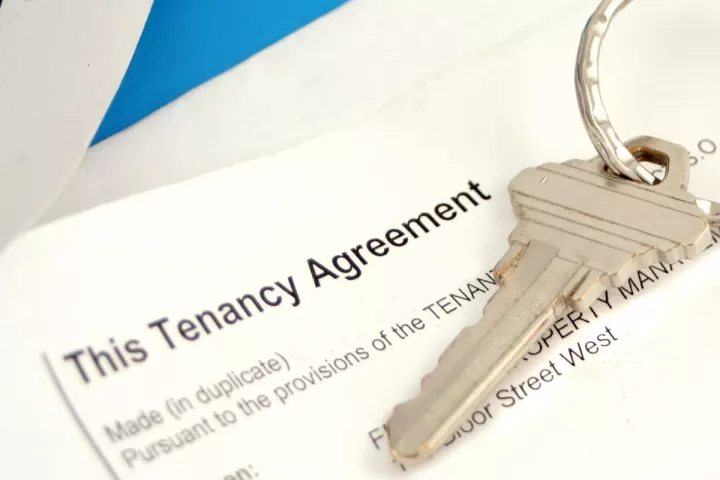A fixed-term tenancy offers private tenants extra protection. Usually, if a tenant has a fixed-term contract:
- the landlord can't increase the rent until the contract ends, and
- the landlord can only evict the tenant if they've breached the contract.
Our adviser helped 2 tenants show that their fixed-term contracts were valid, despite the landlord not signing these.
Landlord failed to sign contract
Our first client had been renting for 3 years. Her agent sent a new contract in February, as they did every year, which the client signed and returned.
In June she received an email explaining that the landlord planned to increase the rent from August 2021. The agent attached a new 12-month contract and said the tenant was told that she could issue notice to quit if she did not agree to the rent increase.
The client responded saying that she had signed a contract in February and her rent could not be increased until February 2022. The agent stated that this contract was not binding as it had not been countersigned by the agent. The agent stated that they emailed the tenant in March to let them know there was a problem with printing the contract. The email stated that they would be sending a paper copy for the client to sign, but did not state that the electronic copy was invalid.
The second client had also lived at their rented home for a number of years. The landlord negotiated a rent increase which the tenant agreed to. A copy of the new tenancy agreement was sent to the tenants who signed it and handed it to the agent who had arranged to collect the contract in person. The following day, the agent contacted the tenants to say the landlord had decided to sell the property. The tenants were told they needed to move out within 12 weeks. The landlord continued to accept rent from the tenants during this 12-week period.
Signature not required to form a binding tenancy agreement
Experienced housing adviser Aisling dealt with both of these cases. There is no requirement for a landlord or agent to provide a tenant with a written contract for a tenancy in Northern Ireland unless that tenancy is intended to be for longer than 12months. Aisling argued that the agent in each case demonstrated that they were acting on the landlord's behalf and had shown both the authority and intention to form a contract with these tenants.
Aisling wrote to each agent, explaining that
- regardless of the lack of signature, there was a clear intention to form a contract
- contract law did not require a contract to be in writing or signed in order to be enforceable
- the landlord had offered a contract, which the clients had accepted and had paid rent, (consideration), in respect of the agreement
- that an offer can only be withdrawn by the person making the offer before it has been accepted and not after
- should the agent issue further proceedings our correspondence may be produced and used against them in relation to costs
Happily, the agents conceded that a contract did exist in each case. Thanks to Aisling, these tenants, and their families can stay in their homes for the duration of those contracts at the rent they initially agreed to pay.
Contact our helpline if you need advice on renting privately or any other aspect of housing in Northern Ireland.


